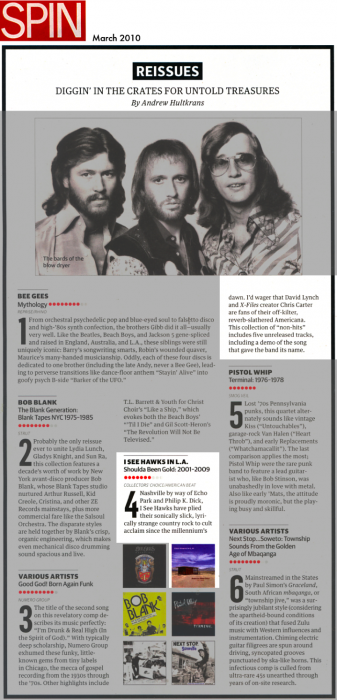I See Hawks in L.A. is where it wants to be — swimming against the stream
BY SERENA MARKSTROM
The Register-Guard
link to full article
Coulda, shoulda, woulda. The reality is this: For the songs on I See Hawks in L.A.’s January release, “Shoulda Been Gold,” to actually have become mainstream hits in this country, the whole culture would have had to change.
Not that the members of the Los Angeles-based alternative country band would mind a bit of a revolution. But the title for the album, which is about two-thirds songs from previous recordings and packaged with five previously unreleased songs, contains a little wink.
The band deals in dense, witty, tuneful, subtle, clever and harmonious country-folk songs. Of course they aren’t going to have mainstream hits.
On musical merit alone, maybe these songs should have gone gold. But it is often the case that the music-buying population and the opinions of professional reviewers do not match.
The band’s previous albums have been reviewed in Spin, Village Voice, USA Today, Uncut and High Times, a news release says, indicating that the band has been on the critics’ radar for some time.
Lead singer Rob Waller said his band identifies with outlaw country and folk. He’s of the opinion that what passes for country music these days is really pop music.
“We write songs about things that are on our minds,” Waller said.
Los Angeles as a dirty word
These songwriters think about such topics as “Byrd From West Virginia,” about the late U.S. Sen. Robert Byrd, who famously spoke against the war in Iraq.
“He was the one senator who got up and spoke against it,” Waller said. “I remember going to war protests and there was nobody there. Very few people were saying no.”
People here in Lane County protested the war, but Waller said he did not see much of that in Southern California. In fact, the band’s name alludes to having an outsider’s perspective while living in La La Land.
People there tell him there are not hawks in Los Angeles. But he and his bandmates see them.
“We witness the wildlife. We connect with it,” he said. “In other places, people will get mad at us for being from Los Angeles.
“Sometimes, it turns people off about us that we have that in our name.”
The group’s eponymous song has the lines “If you see hawks/ Then maybe we should talk,” referring to like-minded people getting together.
Band members live in Southern California because they find plenty of session work, and they have friends and family who live there. And Waller, having grown up in the Midwest, relishes the beach and the warm weather.
As he did this phone interview, Waller was sitting on his porch watching blue jays, doves, sparrows and maybe a woodpecker crawl all over his bush-like fig tree. It was an idyllic, 75-degree day.
“There is a baby hawk in my neighborhood,” he said. “We feel like (the hawk is) our omen, talisman.”
Grasping for the genuine
The band formed in 1999 and put out its first CD on Sept. 11, 2001.
The Sept. 11 release date turned out to be an interesting tone-setter, because the band regularly has been critical of the government.
“Country music, for a long time, was the place for freaks and outsiders,” Waller said. “It was the music of the unwashed masses. … Murder ballads about killing their girlfriends, getting drunk and things that they are ashamed of.
“I don’t hear that intimacy (anymore), a genuine looking at yourself.”
In their bios, band members get a little playful with their role as music industry outsiders.
“We thrive in the margins and tour the secondary routes and blue highways: Chattanooga, Winters, Mariposa, Sebastopol, Johnson City, Knoxville, Eugene, Montpelier, Lafayette,” it says.
Perhaps you caught the group’s Thursday show at Sam Bond’s Garage. On Saturday, the band flies down Interstate 5 to play the Axe & Fiddle.
If any of you are living in the hills of south Lane County, perhaps even as off the grid as you can manage, you might want to head for downtown to catch this band.
It didn’t make the group’s greatest hits, but it has a song called “Ever Since the Grid Went Down,” which imagines life without organized utilities. The song is not conclusive that it would be a bad thing.
“We’ve always been kind of an apocalyptic band,” Waller said. “Maybe (if the grid went down) it would be better. Maybe it would be more local.
“Maybe it would be an end to this corporate tyranny.”
CONCERT PREVIEW
I See Hawks in L.A.
What: Alt-country and psychedelic
When: 9 p.m. Saturday
Where: Axe & Fiddle, 657 E. Main St.
Admission: $5
Copyright © 2010 — The Register-Guard, Eugene, Oregon, USA




